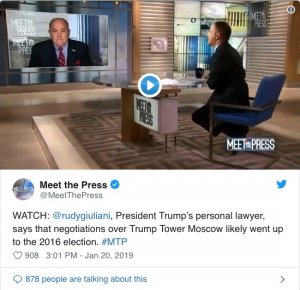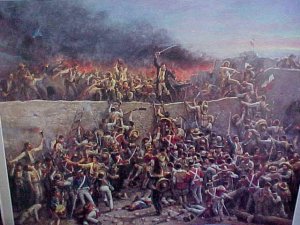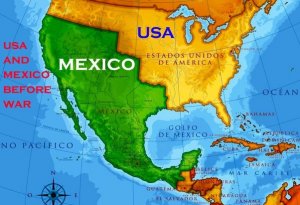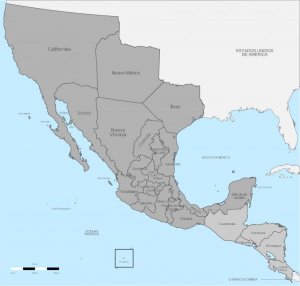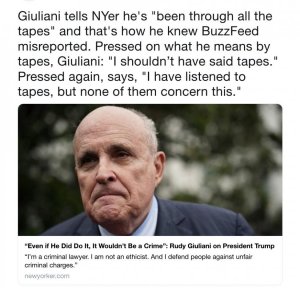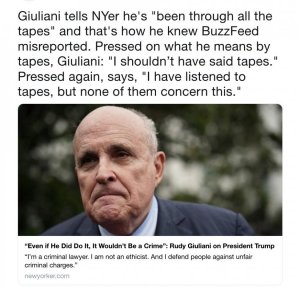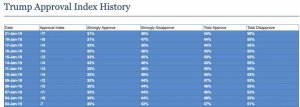The secretary-general of the Organisation for Economic Co-operation and Development (OECD), a research and policy organisation that works on behalf of the world’s richest countries, has compared the prevailing elite posture to that of the fictional 19th-century Italian aristocrat Tancredi Falconeri, from Giuseppe Tomasi di Lampedusa’s novel The Leopard, who declares: “If we want things to stay as they are, things will have to change.” If this view is correct, then much of today’s charity and social innovation and buy-one-give-one marketing may not be measures of reform so much as forms of conservative self-defence – measures that protect elites from more menacing change. Among the kinds of issues being sidelined, the OECD leader wrote, are “rising inequalities of income, wealth and opportunities; the growing disconnect between finance and the real economy; mounting divergence in productivity levels between workers, firms and regions; winner-take-most dynamics in many markets; limited progressivity of our tax systems; corruption and capture of politics and institutions by vested interests; lack of transparency and participation by ordinary citizens in decision-making; the soundness of the education and of the values we transmit to future generations.” Elites, he wrote, have found myriad ways to “change things on the surface so that in practice nothing changes at all”. The people with the most to lose from genuine social change have placed themselves in charge of social change – often with the passive assent of those most in need of it.
It is fitting that an era marked by these tendencies should culminate in the election of Donald Trump. He is at once an exposer, an exploiter and an embodiment of the cult of elite-led social change. He tapped, as few before him successfully had, into a widespread intuition that elites were phonily claiming to be doing what was best for most Americans. He exploited that intuition by whipping it into frenzied anger and then directing most of that anger not at elites, but at the most marginalised and vulnerable Americans. And he came to incarnate the very fraud that had fuelled his rise, and that he had exploited. He became, like the elites he assailed, the establishment figure who falsely casts himself as a renegade. He became the rich, educated man who styles himself as the ablest protector of the poor and uneducated – and who insists, against all evidence, that his interests have nothing to do with the change he seeks. He became the chief salesman for the theory, rife among plutocratic change agents, that what is best for powerful him is best for the powerless too. Trump is the reductio ad absurdum of a culture that tasks elites with reforming the very systems that have made them and left others in the dust.
https://www.theguardian.com/news/20...e-to-save-the-world-without-changing-anything
Tillegg:
Rapport fra samlingen av de fremtidsrettede status quo folka
https://www.aftenposten.no/meninger...kurat-det-folk-ville-hore--Oystein-K-Langberg







